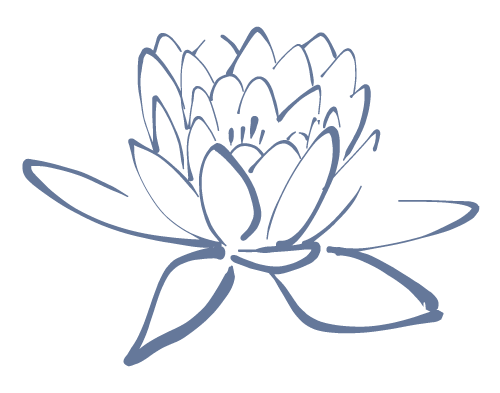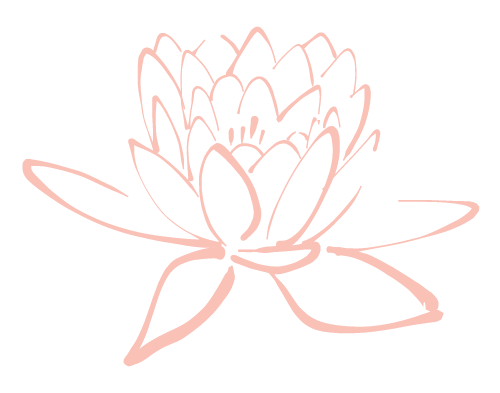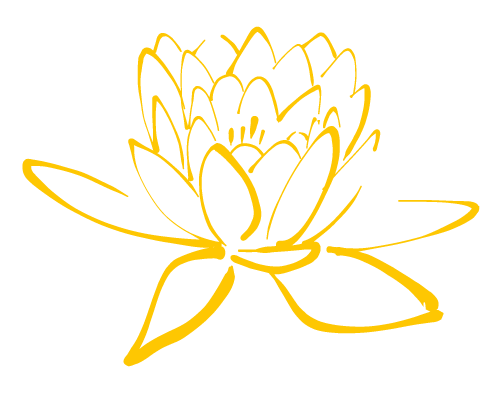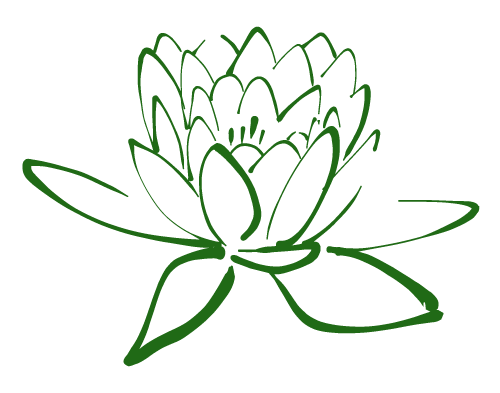
Sexual addiction is a complex issue that affects individuals from all walks of life, including those in the LGBTQ+ community. Members of this community may face unique challenges that contribute to the development of a sexual addiction, such as minority stress, stigma, and discrimination. LGBTQ+ individuals may also turn to sexual behaviors as a form of coping mechanism or as a way to escape feelings of isolation, shame, or low self-esteem. It’s important to note that seeking help for a sexual addiction is a courageous step towards recovery, and a wide range of resources and support services are available to those in need. With the help of mental health professionals, individuals in the LGBTQ+ community can work towards healing and lead fulfilling, healthy lives.
LGBTQ+ individuals who struggle with sexual addiction may face a number of unique challenges, including:
- Minority stress: The experience of prejudice, discrimination, and social marginalization can contribute to the development of a sexual addiction.
- Stigma: There may be a stigma associated with being LGBTQ+ and seeking help for a sexual addiction, which can discourage individuals from seeking support.
- Isolation: Feeling isolated and disconnected from others can lead some LGBTQ+ individuals to turn to addictive sexual behaviors as a form of escape.
- Lack of resources: There may be limited resources and support services specifically tailored to the needs of LGBTQ+ individuals struggling with sexual addiction.
- Shame and low self-esteem: Negative experiences related to their sexual orientation and/or gender identity may lead to feelings of shame and low self-esteem, which can be further exacerbated by a sexual addiction.
It’s important to acknowledge the unique challenges faced by LGBTQ+ individuals with sexual addiction and to provide culturally-sensitive and inclusive support to help them recover and lead healthy lives.
Self-care is an important aspect of overall well-being and can be especially beneficial for LGBTQ+ individuals who may experience additional stress and challenges. Here are some self-care examples that may be beneficial for LGBTQ+ individuals:
- Connect with others: Seek out supportive relationships with friends, family, or members of the LGBTQ+ community. Joining a support group or participating in LGBTQ+ events can also provide a sense of connection and community.
- Exercise: Regular physical activity can improve mental health, boost self-esteem, and reduce stress.
- Mindfulness practices: Engaging in mindfulness practices such as meditation, yoga, or deep breathing can help reduce stress and promote inner peace.
- Creative expression: Engaging in creative activities such as drawing, painting, or writing can be a healthy way to process emotions and express oneself.
- Seek professional help: Talking to a mental health professional who is culturally competent and sensitive to the needs of LGBTQ+ individuals can be extremely beneficial in addressing and overcoming personal challenges.
- Engage in self-reflection: Take time to reflect on your experiences, thoughts, and feelings, and identify areas for personal growth.
Remember, self-care looks different for everyone and it’s important to find activities and practices that work for you and your individual needs.
There are various resources available for LGBTQ+ individuals struggling with sexual addiction, including:
- LGBTQ+-specific support groups, such as SAA (Sex Addicts Anonymous) and SLAA (Sex and Love Addicts Anonymous), which offer a safe and supportive environment for individuals to share their experiences and receive help and guidance.
- Therapists and counselors who specialize in sexual addiction and have experience working with LGBTQ+ clients.
- Online forums and communities, such as the National Council on Sexual Addiction and Compulsivity (NCSAC) or Sexaholics Anonymous, where individuals can connect with others who are going through similar experiences.
- Books and educational resources on sexual addiction, including “Out of the Shadows: Understanding Sexual Addiction” by Patrick Carnes and “Breaking the Cycle: Free Yourself from Sex Addiction, Porn Obsession, and Shame” by George Collins.
It’s important for individuals to find a resource that feels comfortable and safe for them and to reach out for help if they are struggling with sexual addiction.
If your LGBTQ+ partner is a sex addict, here are some steps you can take to support them:
- Educate yourself: Read about sexual addiction, its causes, and its effects on individuals and relationships.
- Communicate: Talk openly and honestly with your partner about your concerns and listen to their perspective. Be respectful and non-judgmental.
- Seek therapy: Encourage your partner to seek therapy or support groups for sex addiction and consider couples therapy to work on your relationship.
- Set boundaries: Establish clear and healthy boundaries for your relationship, such as limits on technology usage and maintaining transparency about online activities.
- Focus on self-care: Caring for yourself is important, especially if you have been affected by your partner’s addiction. Seek support from friends, family, or a therapist and prioritize your own mental and emotional well-being.
- Avoid enabling behavior: Don’t participate in or enable your partner’s addiction by covering it up, making excuses, or ignoring it.
Remember that recovery from sexual addiction is a journey, and it may take time for your partner and your relationship to heal. Be patient, supportive, and encouraging throughout the process
RESOURCES:
Books:
- Cruise Control: Understanding Sex Addiction in Gay Men by Rob Weiss
- “Lust, Men and Meth: A Gay Man’s Guide to Sex and Recovery” by David Fawcett PhD, LCSW
- Becoming Gay: The Journey to Self-Acceptance by Richard Isay
- 10 Smart Things Gay Men Can Do to Improve Their Lives by Joe Kort
- Queer Blues: The Lesbian and Gay Guide to Overcoming Depression by Kimeron N. Hardin
- The Velvet Rage by Alan Downs
- Lesbian Love Addiction: Understanding the Urge to Merge and How to Heal When Things go Wrong by Lauren D. Costine
- Bridging the Sex Addiction Divide: Mindful Considerations for Vulnerable Clients by Dr. Michael J. Salas







